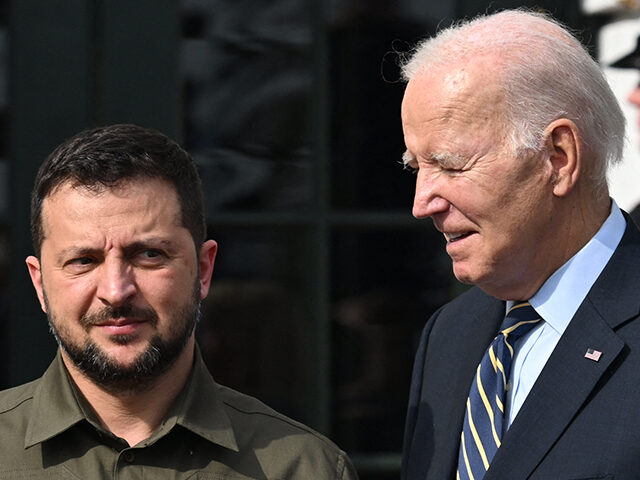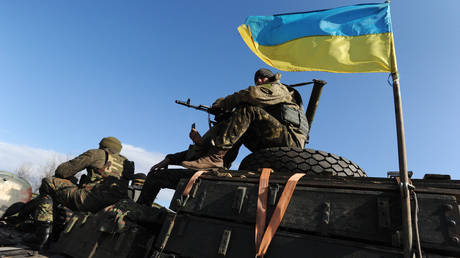Hillary’s Sociopathic Wikileaks Emails: Destroy Syria – a Deep State Obsession for 10 Years
from Russia Insider:
 Those emails explained everything about her efforts to destroy Syria while Secretary of State
Those emails explained everything about her efforts to destroy Syria while Secretary of State
Lest we forget, the Wikileaks dumps made perfectly clear what the Israeli / deep-state agenda is as regards Syria.
Wikileaks released documents made public in May 2016 confirmed the accusations of many “conspiracy theorists” that the Syrian civil war was an American-Israeli supported project with the goal of empowering Israeli interests.
Who were the American leaders motivated to interfere in the Syrian civil war? Answer: Hillary Clinton and Barrack Obama spearheaded this push.
Hillary Clinton in particular displayed sociopathic and murderous intent as she spoke about threatening Assads family with death.
 This psycho almost became president …
This psycho almost became president …
Check out some of these amazing excerpts from her official emails:
The best way to help Israel deal with Iran’s growing nuclear capability is to help the people of Syria overthrow the regime of Bashar Assad. Negotiations to limit Iran’s nuclear program will not solve Israel’s security dilemma. Nor will they stop Iran from improving the crucial part of any nuclear weapons program — the capability to enrich uranium. At best, the talks between the world’s major powers and Iran that began in Istanbul this April and will continue in Baghdad in May will enable Israel to postpone by a few months a decision whether to launch an attack on Iran that could provoke a major Mideast war.
What does politics in Syria have to do with nuclear weapons?
Iran’s nuclear program and Syria’s civil war may seem unconnected, but they are. For Israeli leaders, the real threat from a nuclear-armed Iran is not the prospect of an insane Iranian leader launching an unprovoked Iranian nuclear attack on Israel that would lead to the annihilation of both countries.
What Israeli military leaders really worry about — but cannot talk about — is losing their nuclear monopoly. An Iranian nuclear weapons capability would not only end that nuclear monopoly but could also prompt other adversaries, like Saudi Arabia and Egypt, to go nuclear as well. The result would be a precarious nuclear balance in which Israel could not respond to provocations with conventional military strikes on Syria and Lebanon, as it can today. If Iran were to reach the threshold of a nuclear weapons state, Tehran would find it much easier to call on its allies in Syria and Hezbollah to strike Israel, knowing that its nuclear weapons would serve as a deterrent to Israel responding against Iran itself.
When have similar American actions interfered with political sovereignty in the Near-East and similar countries? What makes Syria different?
The Obama administration has been understandably wary of engaging in an air operation in Syria like the one conducted in Libya for three main reasons. Unlike the Libyan opposition forces, the Syrian rebels are not unified and do not hold territory. The Arab League has not called for outside military intervention as it did in Libya. And the Russians are opposed. Libya was an easier case. But other than the laudable purpose of saving Libyan civilians from likely attacks by Qaddafi’s regime, the Libyan operation had no long-lasting consequences for the region. Syria is harder. But success in Syria would be a transformative event for the Middle East. Not only would another ruthless dictator succumb to mass opposition on the streets, but the region would be changed for the better as Iran would no longer have a foothold in the Middle East from which to threaten Israel and undermine stability in the region.
Unlike in Libya, a successful intervention in Syria would require substantial diplomatic and military leadership from the United States. Washington should start by expressing its willingness to work with regional allies like Turkey, Saudi Arabia, and Qatar to organize, train and arm Syrian rebel forces. The announcement of such a decision would, by itself, likely cause substantial defections from the Syrian military. Then, using territory in Turkey and possibly Jordan, U.S. diplomats and Pentagon officials can start strengthening the opposition. It will take time. But the rebellion is going to go on for a long time, with or without U.S. involvement. The second step is to develop international support for a coalition air operation.
What were the American leaders view of Russia and the possibility of conflict with Russia?
Russia will never support such a mission, so there is no point operating through the UN Security Council. Some argue that U.S. involvement risks a wider war with Russia. But the Kosovo example shows otherwise. In that case, Russia had genuine ethnic and political ties to the Serbs, which don’t exist between Russia and Syria, and even then Russia did little more than complain. Russian officials have already acknowledged they won’t stand in the way if intervention comes.
Read More @ Russia-Insider.com



